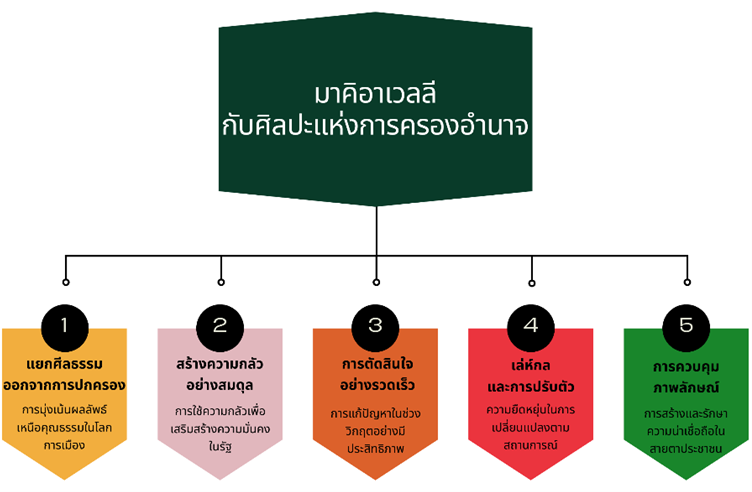MACHIAVELLI AND THE ART OF DOMINATION
Keywords:
Machiavelli, Political Ideas, DominationAbstract
This article aims to examine the political ideas of Niccolò Machiavelli through his seminal work, “The Prince,” which serves as a foundation for pragmatic political philosophy that emphasizes power maintenance and state stability in volatile environments. Machiavelli's key concepts include the separation of morality from politics, arguing that leaders should prioritize outcomes and state security over ethical principles. Additionally, he proposes that instilling fear among the populace is more effective than gaining their love, as fear ensures greater stability for the state. Machiavelli's ideas reflect a strategic rather than moralistic approach to power, highlighting the importance of maintaining a leader's image to enhance credibility and effectively govern the people. This study analyzes the impact of Machiavelli's theories on contemporary politics, including crisis management, media-driven image-building, and leadership strategies for power preservation. While his ideas have been criticized for their ethical implications, they remain fundamental to understanding power dynamics and political mechanisms in modern governance. Therefore, this article aims to present Machiavelli's theories as essential tools for comprehending state power structures and how leaders can adapt to complex political situations to retain authority. His insights continue to shape political strategies and remain highly relevant in contemporary political discourse.
References
กษิดิศ รอดน้อย และพระชาณรงค์ ประเสริฐศรี. (2566). วิเคราะห์แนวคิดปรัชญาการเมืองของนิโคโล มาเคียเวลลี. วารสารสหวิทยาการนวัตกรรมปริทรรศน์, 6(5),
-216.
กองบรรณาธิการศิลปวัฒนธรรม. (2567). วิธีรักษาอำนาจฉบับ “มาเคียเวลลี” ผู้ถูกเรียกว่า “เจ้าของศาสตร์ทรราช”. สืบค้น 10 มกราคม 2568, จาก https://shorturl.asia/7ab9j
จตุพล ดวงจิตร. (2558). เจ้าผู้ปกครอง THE PRINCE. สืบค้น 11 มกราคม 2568, จาก https://shorturl.asia/HbknK
บ้านจอมยุทธิ์. (มปป.). มาเคียเวลลี่ (Nicolo Machiavelli ค.ศ. 146-1527). สืบค้น 11 มกราคม 2568, จาก https://shorturl.asia/ETHzx
พฤทธิกร สาระกุล. (2561). เจ้าผู้ปกครอง (The Prince). สืบค้น 11 มกราคม 2568, จาก https://shorturl.asia/n8JNO
ภาวิดา รังสี. (2565). มาคิอาเวลลี การเมืองไทยของเจ้าผู้ปกครอง. วารสารมนุษยศาสตร์และสังคมศาสตร์ มหาวิทยาลัยราชภัฏสุราษฎร์ธานี, 14(1), 253-264.
Aong. (2015). “The Prince” by Niccolo Machiavelli. Retrieved January 10, 2025, from https://shorturl.asia/y8FYN
Britannica. (n.d.). Niccolò Machiavelli: Renaissance Political Realism. Retrieved January 10, 2025, from https://shorturl.asia/lztAj
ELCPG. (n.d.). Political Philosophy and Ethics Ruler Nicolo Machiavell. Retrieved January 10, 2025, from https://shorturl.asia/Gvs35
Greelane. (2019). The Life, Philosophy, and Influence of Niccolò Machiavelli. Retrieved January 10, 2025, from https://shorturl.asia/G5W9P
Mansfield, H. (2024). Niccolò Machiavelli Italian statesman and writer. Retrieved January 10, 2025, from https://shorturl.asia/lztAj
Najemy, J. M. (2006). A history of Florence 1200–1575. England: Oxford University Press.
Skinner, Q. (2000). Machiavelli: A very short introduction. England:Oxford University Press.

Downloads
Published
How to Cite
Issue
Section
Categories
License
Copyright (c) 2025 Academic Journal of Political Science and Public Administration

This work is licensed under a Creative Commons Attribution-NonCommercial-NoDerivatives 4.0 International License.




